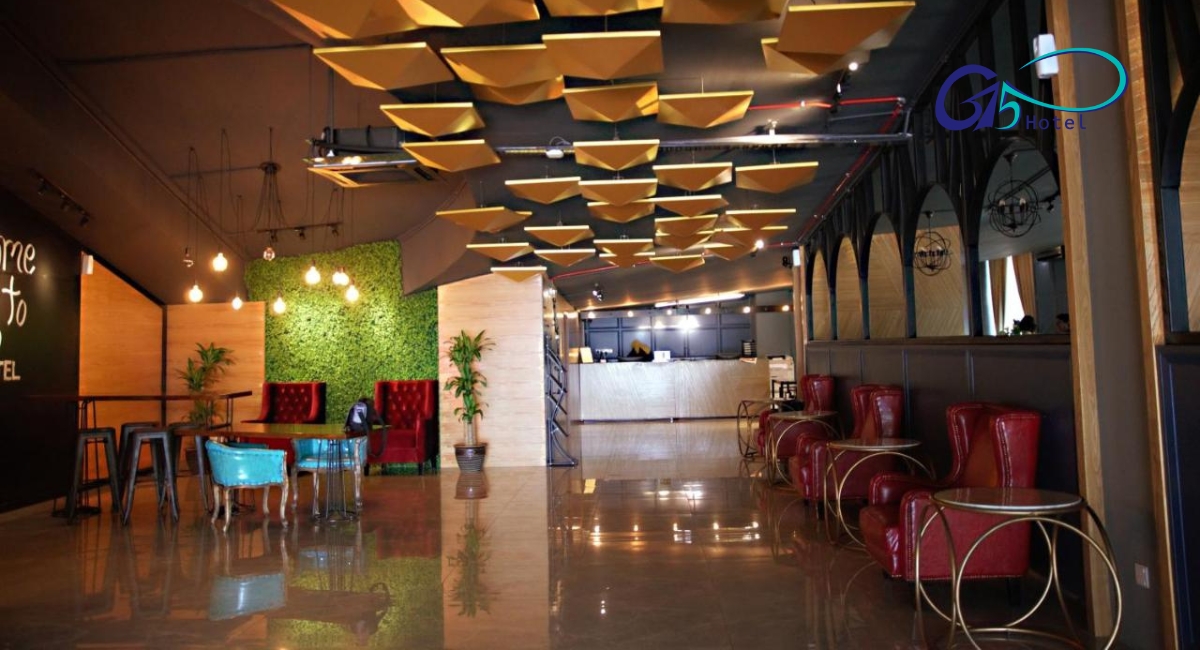[ad_1]
New Zealand’s hospitality and tourism sector is on a powerful course, JLL New Zealand’s Director of Motels and Hospitality, Nick Thompson, studies.
New Zealand’s restoration from the impacts of Covid-19 is effectively progressed, and the hospitality sector has been on the forefront of the nation’s resurgence. Our motels sector is bouncing again, with stable peak seasons which are typically surpassing pre-Covid ranges. Notably JLL accomplished the biggest resort transaction in New Zealand’s historical past, the JW Marriott Auckland, within the midst of that restoration interval. Nevertheless, the emergence of sure market developments is reshaping the business.
One notable change in New Zealand’s post-Covid panorama is the re-evolution of seasonality. Historically, peak seasons had been concentrated across the summer time months, however we at the moment are witnessing a prevalent winter market. Areas just like the ever-popular Queenstown are experiencing a rejuvenated shoulder season round its peaks in summer time and winter. In contrast, our huge cities are seeing softer winters.

Whereas the return of tourism is promising, there are challenges the business should confront. Development prices proceed to rise, making it more and more tough to safe new builds within the short-term. This poses a hurdle for assembly rising demand for lodging and facilities. Nevertheless, this impediment additionally presents alternatives for adaptive reuse and refurbishment initiatives that make higher use of embodied carbon in current builds.
The anticipated enhance in demand for tourism, particularly with the resurgence of Chinese language guests, bodes effectively for the business. Whereas we don’t foresee a fast return to giant tour teams like within the pre-Covid period, we anticipate an increase in versatile unbiased journey (FIT) which offers a chance for smaller, personalised experiences inside New Zealand’s wealthy vacationer panorama.
With an eye fixed to lodging, the opening of Te Pae in Christchurch in Could 2022 has had a notable influence on town’s resort sector by attracting main occasions and contributing to the revival of the native economic system. The latest opening of Tākina in Wellington is predicted to deliver a couple of related transformation, creating new alternatives for companies within the area, and drawing occasions to the latest jewel within the capital’s crown.
Trying forward, as soon as the Auckland Worldwide Conference Centre is open and working at full capability, it stays to be seen how the market will react: dissipating or concentrating tourism and hospitality companies throughout Auckland, Wellington, and Christchurch. This can have implications for the general hospitality panorama within the North and South Islands.
As New Zealand’s tourism and hospitality sector continues its restoration, it’s essential for business stakeholders to adapt to altering market situations. By investing in infrastructure, specializing in rising markets, and leveraging our distinctive points of interest, we will guarantee a vibrant and sustainable future for the sector. With the proper methods, New Zealand’s hospitality business is poised for achievement within the coming years and can profit tremendously from perennial abroad curiosity in experiencing all of the nation has to supply.
[ad_2]
Source link








































